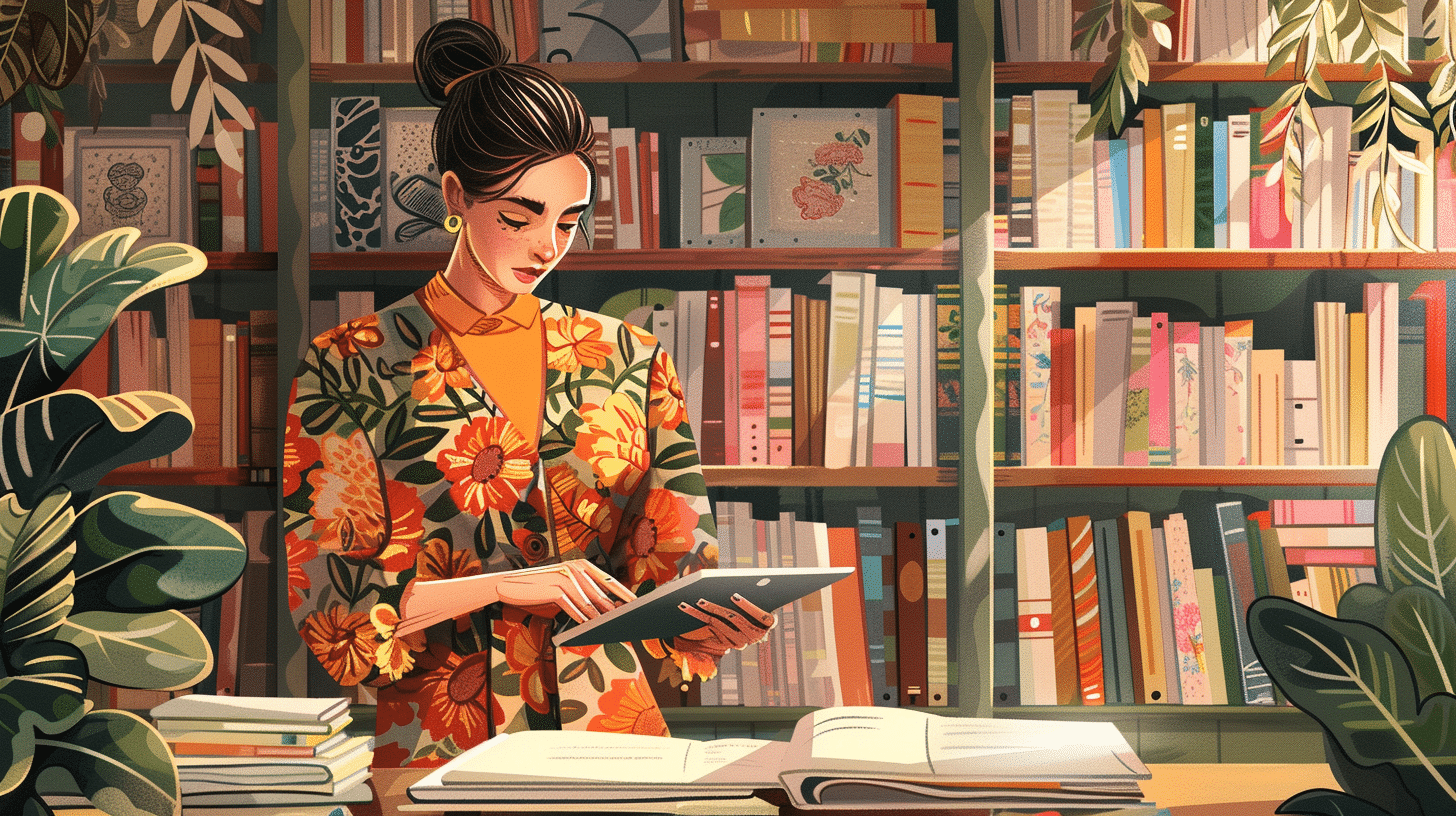Pick a language and start learning!
Position of Adjectives Exercises in German language

Mastering the position of adjectives in German can significantly enhance your language proficiency, allowing for more accurate and nuanced communication. Unlike English, where adjectives typically precede the noun, German adjectives can appear in various positions depending on their role in the sentence. Understanding these rules is crucial for both written and spoken German, as the placement of adjectives impacts the meaning and clarity of your statements.
In German, adjectives can be attributive, predicative, or adverbial, and their position changes accordingly. Attributive adjectives directly describe a noun and are placed before it, often requiring an ending that agrees with the noun's gender, number, and case. Predicative adjectives, on the other hand, follow a linking verb and do not take endings. Adverbial adjectives modify verbs and appear after the verb they are describing. By practicing these different positions through targeted grammar exercises, you will become more adept at crafting well-structured sentences in German.
Exercise 1
<p>1. Der *große* Hund bellt laut (adjective meaning 'big').</p>
<p>2. Ich trage ein *blaues* Hemd (adjective meaning 'blue').</p>
<p>3. Wir haben ein *schönes* Haus (adjective meaning 'beautiful').</p>
<p>4. Sie isst einen *frischen* Apfel (adjective meaning 'fresh').</p>
<p>5. Das *alte* Buch liegt auf dem Tisch (adjective meaning 'old').</p>
<p>6. Er fährt ein *schnelles* Auto (adjective meaning 'fast').</p>
<p>7. Der *neue* Film ist spannend (adjective meaning 'new').</p>
<p>8. Die *gelbe* Blume riecht gut (adjective meaning 'yellow').</p>
<p>9. Wir wohnen in einer *ruhigen* Gegend (adjective meaning 'quiet').</p>
<p>10. Sie trägt ein *schickes* Kleid (adjective meaning 'stylish').</p>
Exercise 2
<p>1. Der *große* Hund spielt im Garten. (adjective describing size)</p>
<p>2. Ich trage ein *neues* Kleid zur Party. (adjective describing something recently acquired)</p>
<p>3. Das *rote* Auto parkt vor dem Haus. (adjective describing color)</p>
<p>4. Sie hat ein *interessantes* Buch gelesen. (adjective describing something that captures attention)</p>
<p>5. Wir essen in einem *teuren* Restaurant. (adjective describing cost)</p>
<p>6. Der *kleine* Junge spielt mit seinem Spielzeug. (adjective describing size)</p>
<p>7. Ich habe einen *alten* Freund getroffen. (adjective describing something from the past)</p>
<p>8. Das *schöne* Bild hängt an der Wand. (adjective describing appearance)</p>
<p>9. Sie wohnt in einem *großen* Haus. (adjective describing size)</p>
<p>10. Der *schnelle* Zug fährt nach Berlin. (adjective describing speed)</p>
Exercise 3
<p>1. Der *alte* Mann sitzt auf der Bank (adjective for 'old').</p>
<p>2. Das *schöne* Mädchen lächelt freundlich (adjective for 'beautiful').</p>
<p>3. Der *große* Baum steht im Garten (adjective for 'big').</p>
<p>4. Die *blauen* Blumen sind meine Lieblingsblumen (adjective for 'blue').</p>
<p>5. Der *schnelle* Hund rennt über das Feld (adjective for 'fast').</p>
<p>6. Ein *kleines* Kind spielt im Sand (adjective for 'small').</p>
<p>7. Der *neue* Laptop funktioniert einwandfrei (adjective for 'new').</p>
<p>8. Das *kalte* Wasser erfrischt an heißen Tagen (adjective for 'cold').</p>
<p>9. Ein *interessantes* Buch liegt auf dem Tisch (adjective for 'interesting').</p>
<p>10. Die *grüne* Wiese erstreckt sich bis zum Horizont (adjective for 'green').</p>







